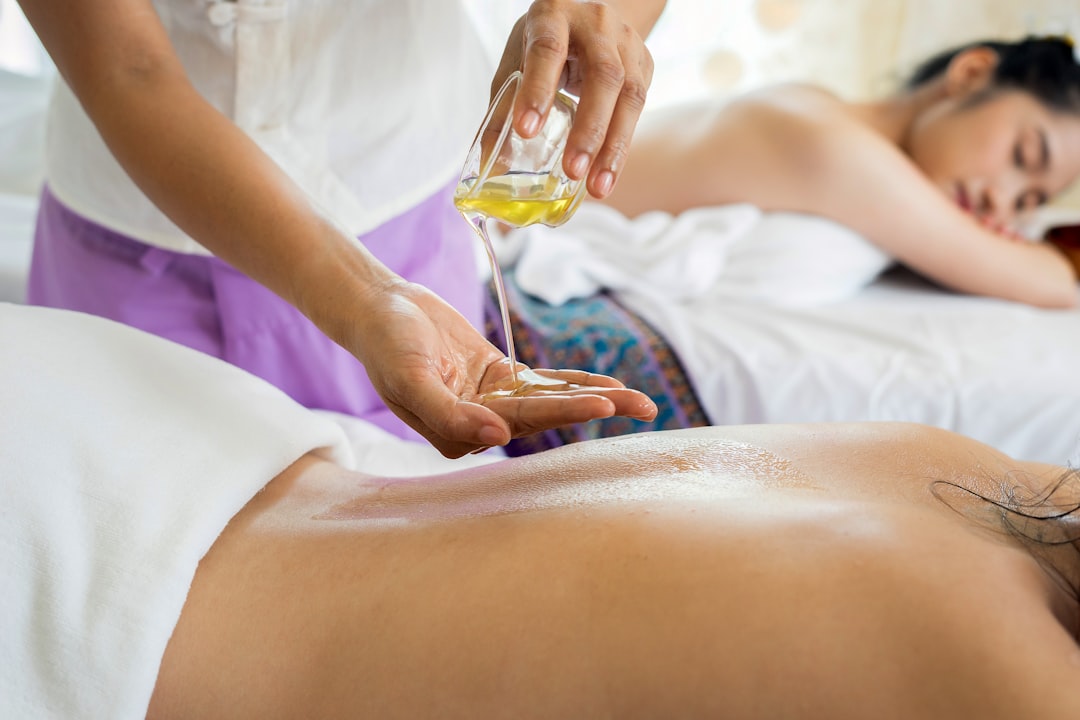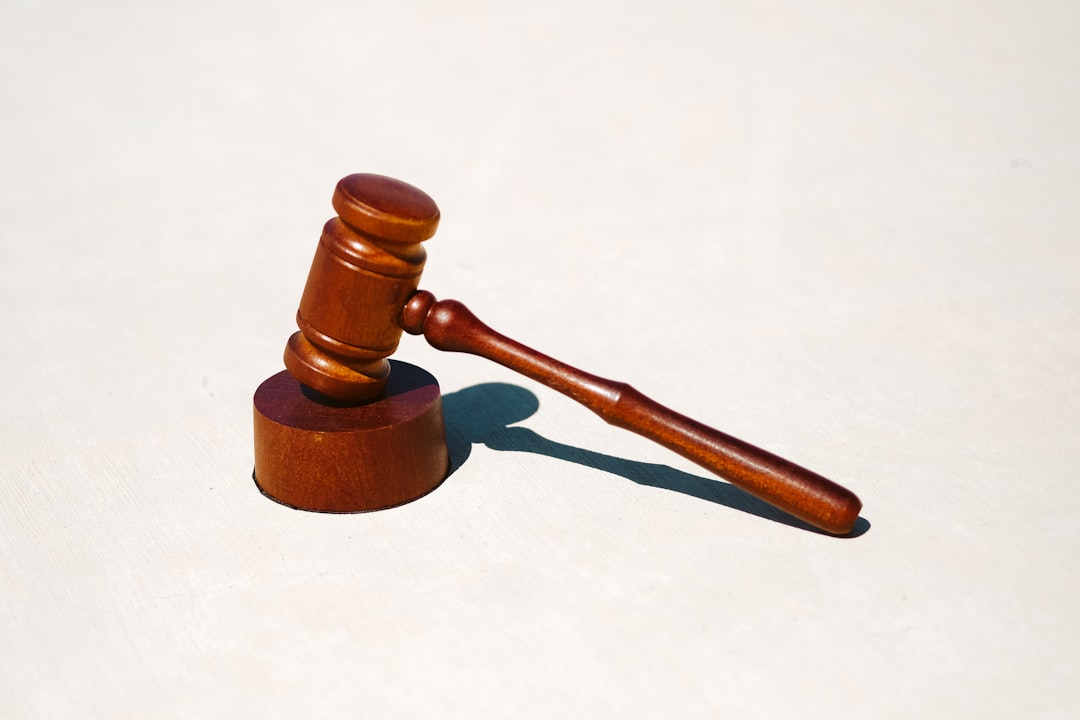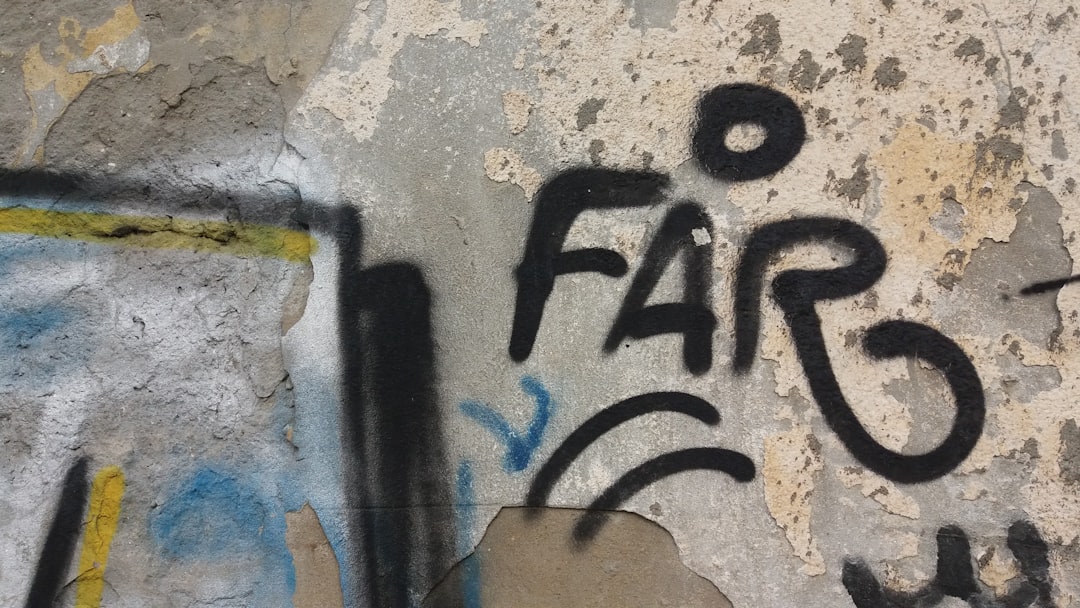Immigrant survivors of massage spa abuse in California face significant legal and cultural obstacles due to complex immigration systems, language barriers, and taboos surrounding physical touch. Fears of deportation or retaliation prevent many from reporting crimes. Massage abuse attorneys in California play a vital role by guiding survivors through legal systems, securing protection orders, empowering them to seek justice, and navigating cultural barriers. Targeted outreach, education, and collaboration between advocacy groups, legal professionals, and community leaders are crucial for ensuring access to support and recovery resources for all survivors.
In California, immigrant survivors of massage spa abuse face unique challenges navigating a complex web of legal, cultural, and language barriers. This article delves into the intricate issues these survivors encounter, from the state’s strict immigration laws to the lack of awareness and understanding of massage abuse within their communities. We explore strategies for advocacy, the critical role of attorneys specializing in massage abuse cases, and available support systems tailored to immigrant victims. Understanding these challenges is essential for creating a safer environment for all Californians.
Legal Hurdles for Immigrant Survivors in California
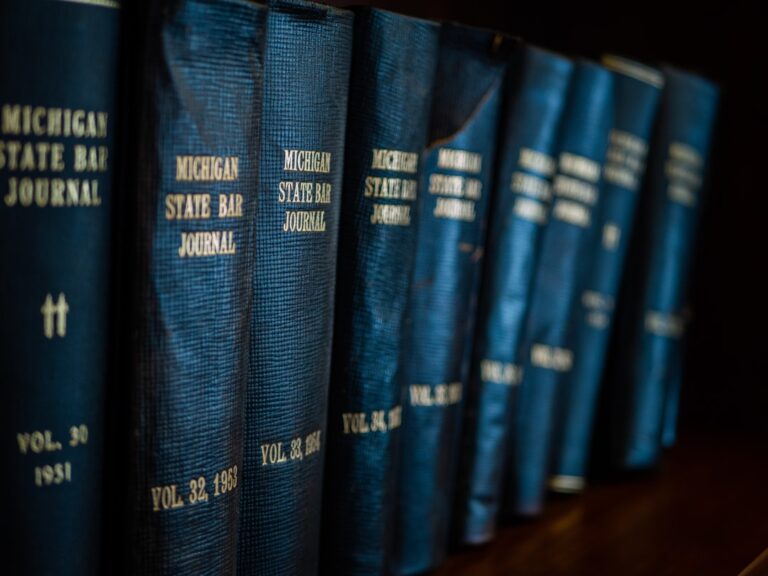
Many immigrant survivors of massage spa abuse in California face significant legal hurdles. The complex immigration system and language barriers can make it difficult for survivors to report crimes, seek justice, or access legal aid. Many are afraid to come forward due to fears of deportation or retaliation from their abusers, hindering their ability to pursue charges against perpetrators.
Without a robust support network or knowledgeable massage abuse attorneys in California, these survivors may not be aware of their legal rights and the resources available to help them. This can lead to prolonged silence and continued exploitation, making it challenging for law enforcement to investigate and prosecute cases of massage spa abuse effectively.
Cultural Barriers and Lack of Awareness of Massage Abuse

Many immigrant survivors of massage spa abuse in California face unique challenges due to cultural barriers and a lack of awareness about this issue. Language differences can make it difficult for survivors to communicate their experiences, seek help, and navigate legal systems, especially when relying on non-English speaking support services. Cultural norms and taboos surrounding physical touch and intimate spaces can also deter survivors from reporting abuse, as they may feel their concerns are not taken seriously or that they lack agency in the situation.
These barriers create a significant gap in awareness about massage abuse within California’s immigrant communities. Without targeted outreach and education, many survivors remain silent, fearing judgment, deportation, or economic instability. Therefore, it’s crucial for advocacy groups, legal professionals (including massage abuse attorneys in California), and community leaders to bridge these cultural gaps, ensuring that all survivors—irrespective of their backgrounds—have access to support and justice.
Navigating Complex Immigration Laws After Abuse
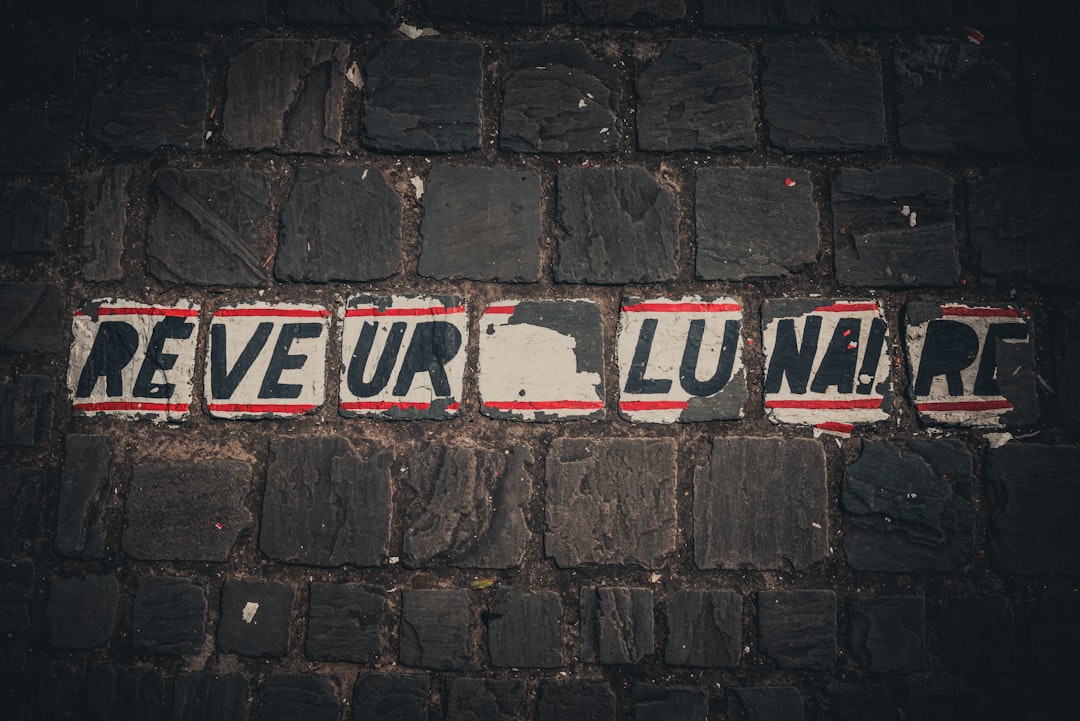
After experiencing massage spa abuse, immigrant survivors in California face a unique challenge—navigating complex immigration laws. Many victims are afraid to come forward due to fear of deportation or legal repercussions. They may be unaware of their rights and protections under US law, such as those offered by the Violence Against Women Act (VAWA) and the Trafficking Victims Protection Act (TVPA). These laws provide avenues for legal residency and assistance for survivors of human trafficking and abuse.
Surviving immigrants often rely on massage spa abuse attorneys in California to guide them through these complex systems. Legal aid can help victims secure protection orders, understand their options for immigration status, and access resources for recovery and rebuilding their lives. Massage abuse attorneys play a crucial role in empowering survivors, ensuring they receive the justice and support they deserve.
Support Systems and Resources for Immigrant Victims

Many immigrant survivors of massage spa abuse in California face a unique set of challenges due to their status and lack of awareness about available resources. Without strong support systems, these victims may struggle to come forward and seek help. Fortunately, several organizations and initiatives have been established to provide assistance tailored specifically to immigrant communities. These include legal aid groups that offer services such as representation by a massage abuse attorney in California, translation services, and counseling.
Community-based organizations play a crucial role in empowering survivors by offering safe spaces for sharing experiences, providing cultural sensitivity training to service providers, and facilitating access to healthcare and employment opportunities. Additionally, state and local government agencies have implemented programs to support immigrant victims of human trafficking and abuse, ensuring they receive the necessary protection and resources. This network of support systems is vital in helping immigrants overcome the barriers of language, culture, and fear when seeking justice and healing from massage spa abuse.
Advocacy and Attorney Roles in Addressing Massage Spa Abuse
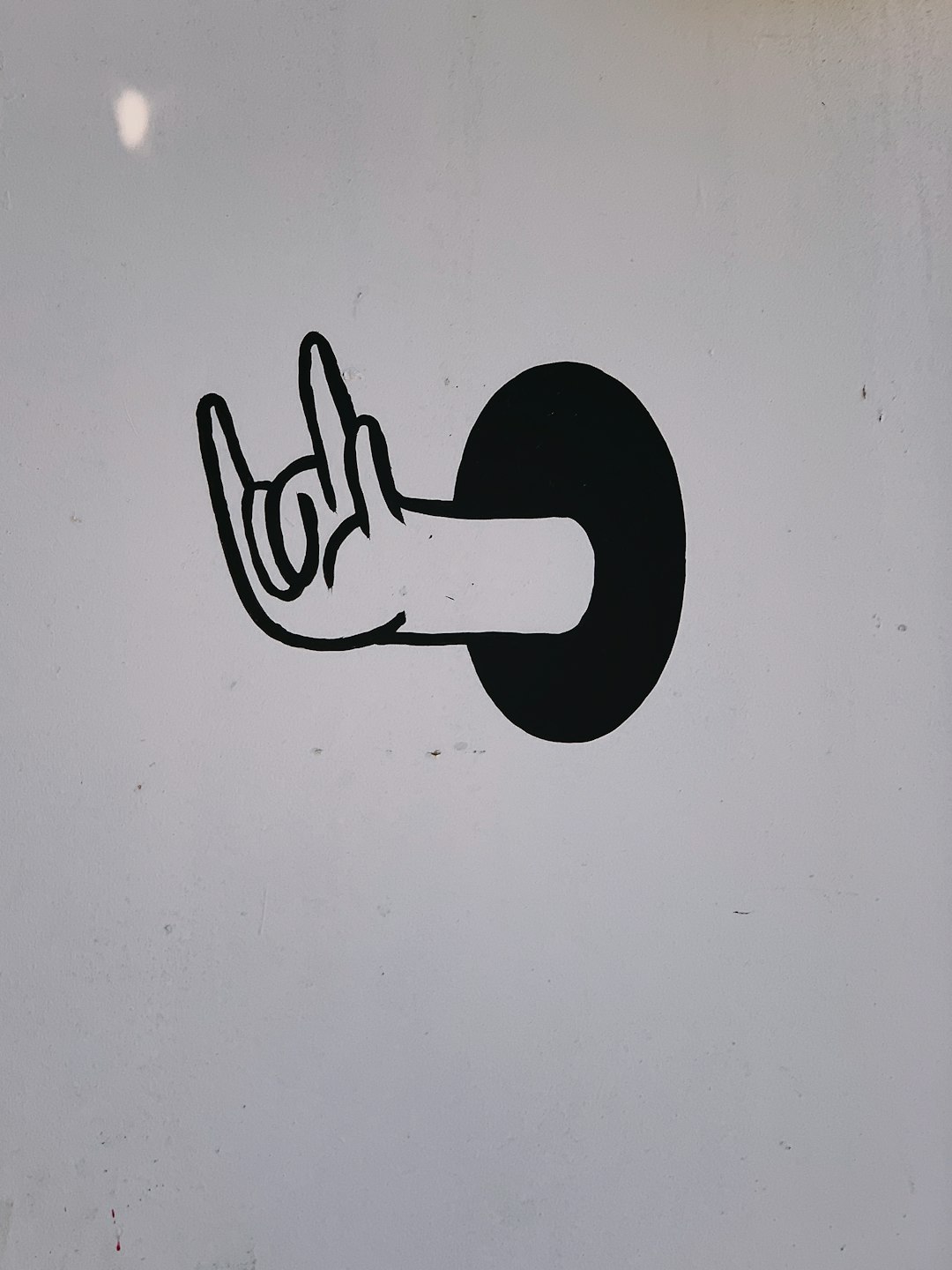
In addressing the unique challenges faced by immigrant survivors of massage spa abuse in California, advocacy and the role of massage abuse attorneys are paramount. These professionals play a crucial part in navigating complex legal systems and cultural barriers to ensure justice for victims. Many survivors, particularly immigrants, face language obstacles and a lack of understanding about their rights within the U.S. legal framework, making it essential for attorneys specializing in massage abuse to provide culturally sensitive support and representation.
Attorneys dedicated to this field help survivors understand their legal options, file complaints, and pursue criminal or civil cases against abusive spas or individuals. They also advocate for policy changes and raise awareness about the prevalence of massage spa abuse, especially targeting vulnerable immigrant communities. Their work is instrumental in disrupting the cycle of exploitation and providing a voice for survivors who may be reluctant to come forward due to fear, language barriers, or uncertainty about their legal standing.
